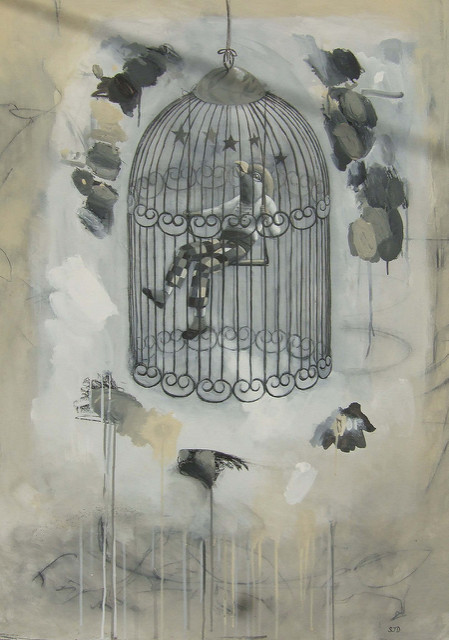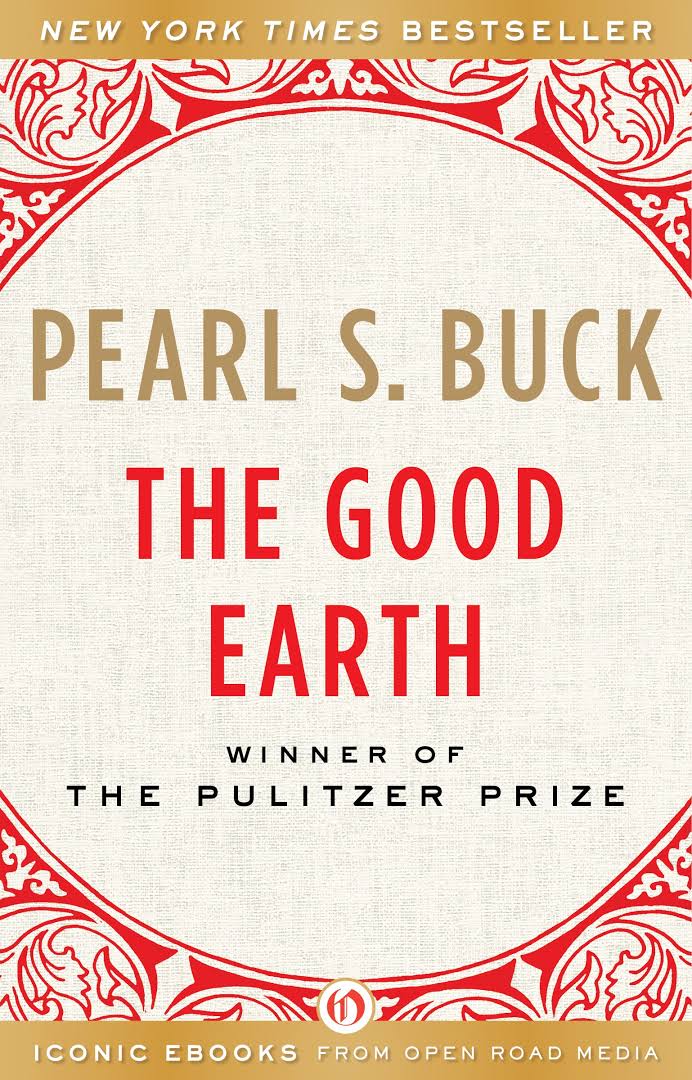Deaths of Canaries
By Katherine D. Perry
We were standing together, our fingers loosely grasping
each other’s hands, around the planet.
Here, in the good ole U.S. of A., we had been looking elsewhere
for pain: we didn’t notice when we began
to choke from our own smoldering: arrogance
and first world privilege let us take our Zyrtec and Claritin
for months and months thinking we were overproducing
histamines instead of blaming our own toxic fumes.
We thought we would know better when the moment arrived.
The graffiti at the Krog Street bridge
told us that we needed to call our senators,
told us that we needed to march, to rise up,
told us, with bleeding letters, that the dangers were here and now.
The journals and anthologies filled with poems
about death marches and end of days.
But we went to work anyway, and let the men in Washington
roll over the few-and-far-between women.
We grocery shopped and wrote our outrage on social media
as one by one the artists dropped dead.
We mourned them on SNL and in tributes to the hurricane victims,
but we kept moving.
We forgot to notice the yellow feathers
littering the dying grasses.
We couldn’t be bothered to begin the arduous task:
putting people on elevators, sending them up.
When I looked down at my hand, now empty,
I wondered where my sisters’ fingers had gone.
Even as I dropped to my knees, unable to summon another line
for the next poem, the survival instinct whispered
that help would come.
We were the hope we asked for,
but we were also the fingers pulling the triggers.
Katherine D. Perry is an Associate Professor of English at Perimeter College of Georgia State University. Her first book of poetry, Long Alabama Summer, was released in December of 2017 from Finishing Line Press. Her poems have been published in Women’s Studies Quarterly, Writers Resist, The Dead Mule of Southern Literature, Poetry Quarterly, Melusine, Southern Women’s Review, Bloodroot, Borderlands, Women’s Studies, RiverSedge, Rio Grande Review, and 13th Moon. She is a co-founder of the Georgia State University Prison Education Project which works in Georgia prisons to bring literature and poetry to incarcerated students. She lives in Decatur, Georgia with her spouse and two children. Her website is www.katherinedperry.com.
Image credit: SJDStudio via a Creative Commons license.


